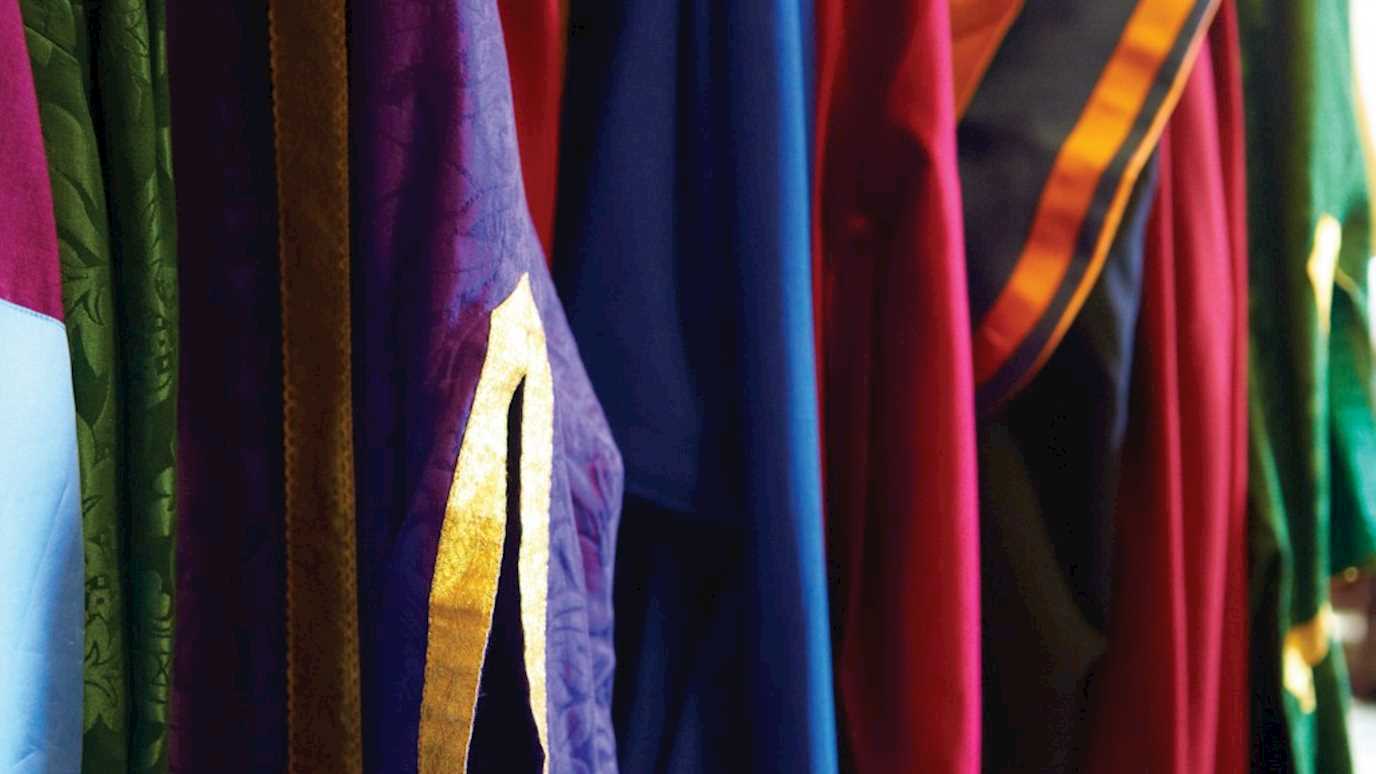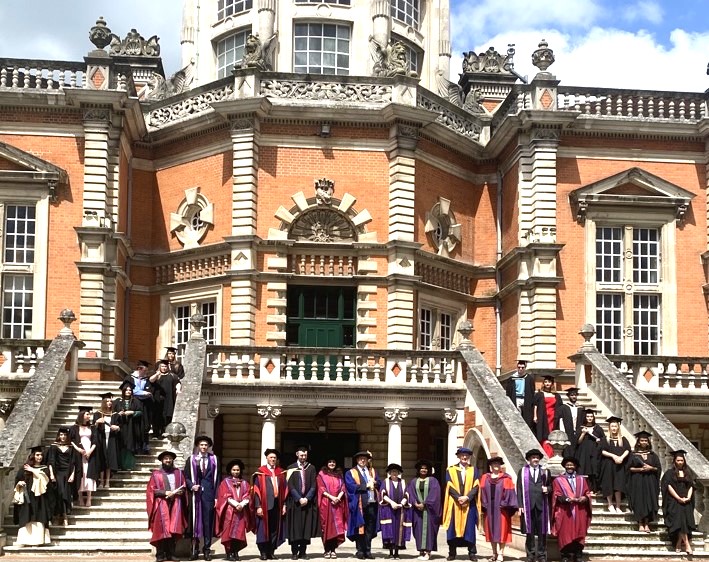Dr. Rachel Maguire conducted her research at QMUL under the supervision of Prof. Chris Reed and Prof. Johanna Gibson.

Rachel's Ph.D. thesis is titled: Anonymity, copyright and the regulation of creativity in online communities.
The thesis explores the interactions between copyright, creativity and anonymity in online communities. In doing so, it aims both to better understand copyright law in practice and to engage with existing copyright debates by interrogating narratives in copyright theory and exploring whether reform is required. The project uses qualitative methods to collect interview and observational data from online communities.
Using the lens of anonymity and the specific context of amateur creative communities in an anonymous online environment, this thesis creates a wide-ranging critique of how the law currently addresses creativity. In particular, it highlights the misleading nature of the creativity rhetoric underpinning copyright law. Copyright subsists in much of the creative content in these communities, but anonymity makes it difficult for copyright law to regulate this environment effectively. Simultaneously, anonymity provides multiple creative benefits to these communities, often more successfully than copyright law. This acts as a significant critique of the law.
The project also considers how the communities regulate creativity and finds that anonymity does not mean that creative content belongs to the internet, and that although community ownership norms deviate from copyright law in significant ways, the construction of those norms is largely compatible with copyright law. This means the law could adapt to meet the needs of the communities if required. We also see that copyright is part of the community norm enforcement system, but it conflicts with normative expectations of acceptable uses and thereby complicates matters for creators and potential users. As such, it is argued a better approach should be sought.
This thesis ultimately argues that the law should respond to these critiques and problems by focusing on reforms to make copyright law less restrictive. In particular, a specific right or exception permitting the non-commercial use or remix of amateur content would help the law to address the needs of these communities and to take steps towards better reflecting its most coherent purpose of creativity.
























